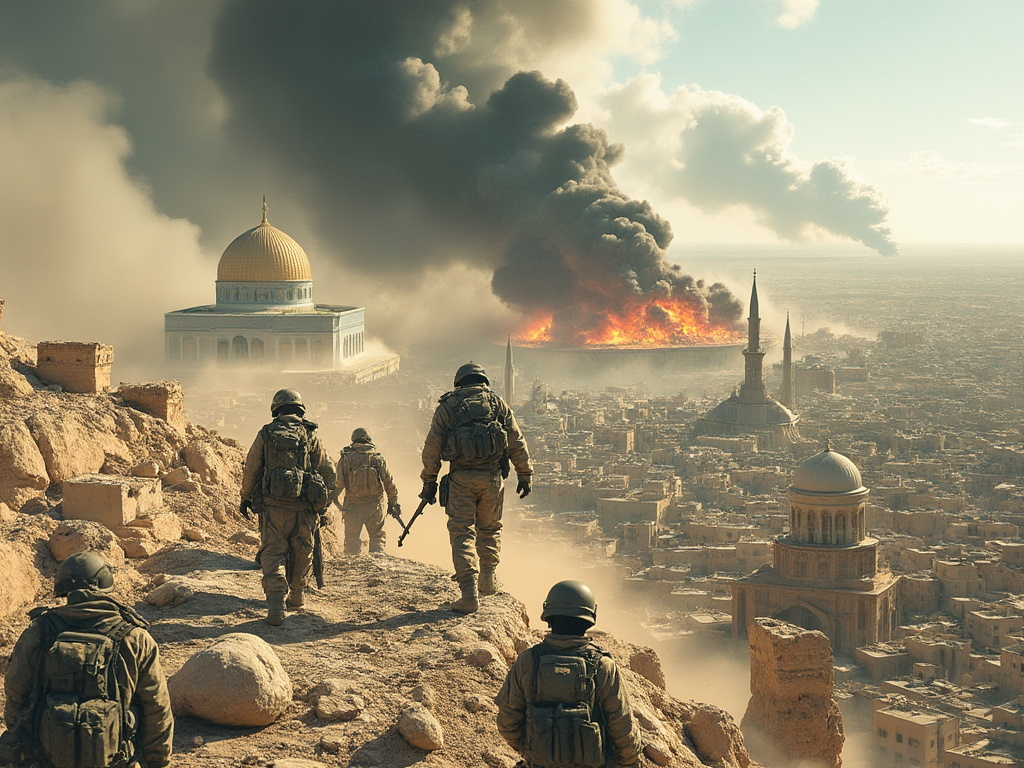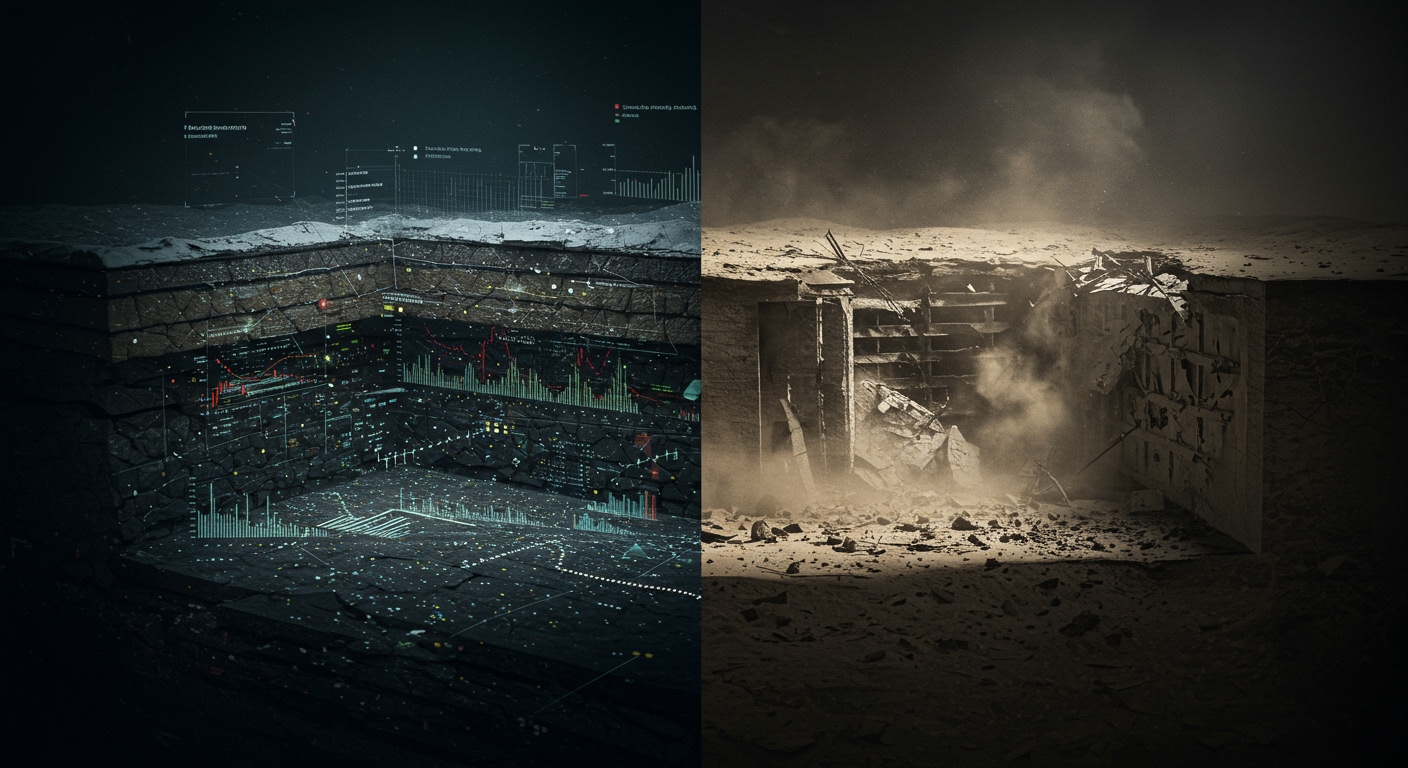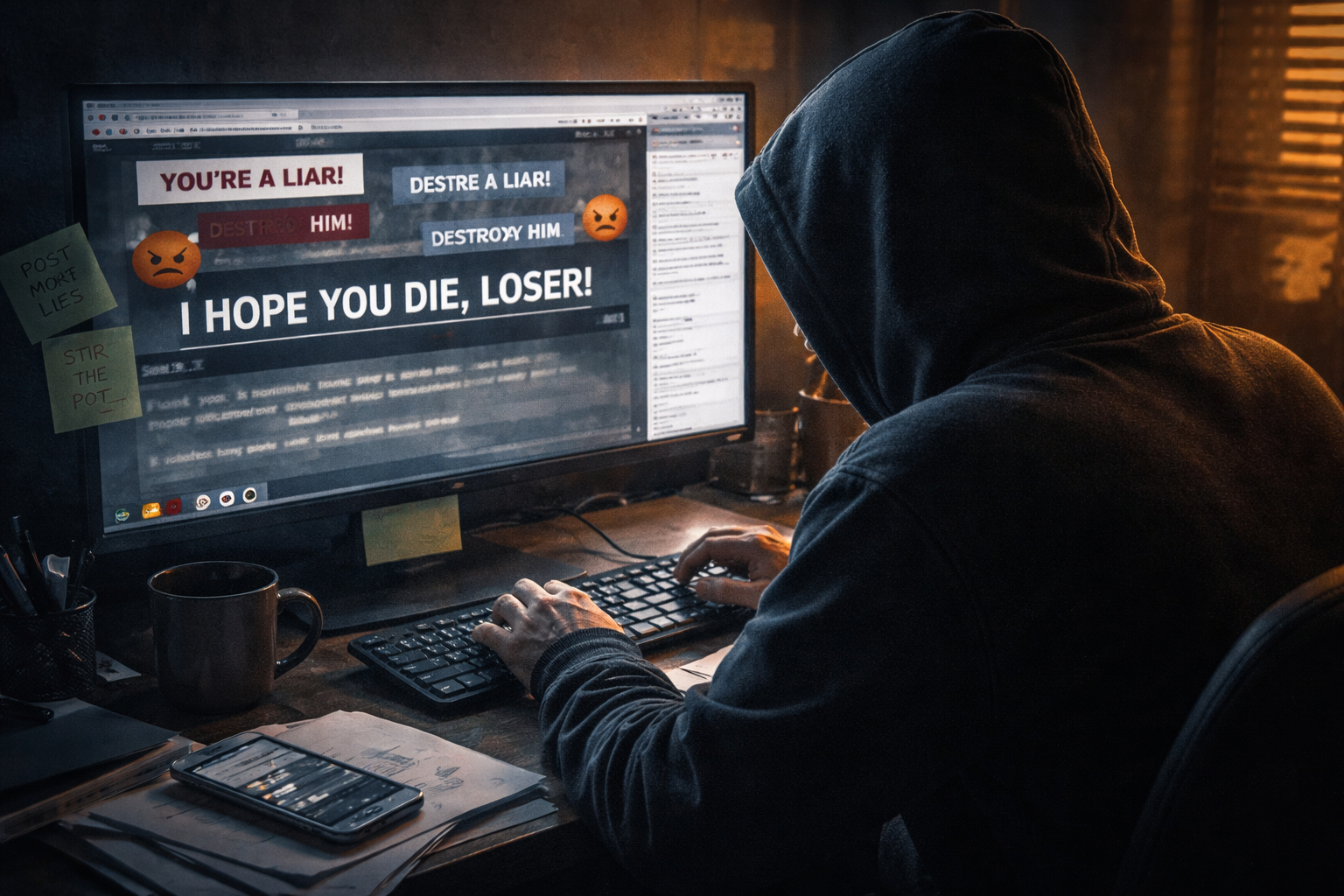Washington D.C. – The administration of President Donald Trump is vigorously challenging findings from a leaked U.S. intelligence report suggesting American military actions had only a minimal effect on Iran’s nuclear program, setting it back by a mere few months. The dispute over the efficacy of the strikes comes as Iran takes drastic measures, voting to suspend cooperation with the international nuclear watchdog.
On Wednesday, June 25, 2025, senior U.S. officials publicly countered the leaked assessment. CIA Director John Ratcliffe and Director of National Intelligence Tulsi Gabbard asserted that the strikes had, in fact, dealt severe damage to Iran’s nuclear capabilities. Their statements directly contradicted the intelligence report that surfaced, which painted a picture of limited impact from the U.S. military actions.
Administration Pushback and Political Fallout
The pushback from the highest levels of the U.S. intelligence community, seemingly coordinated with President Trump’s own stance, underscores the administration’s commitment to portraying its strategy against Iran as effective. The leaked report, the origins of which remain under scrutiny, has triggered significant concern within the administration regarding the handling of classified information.
In a direct consequence of the leak, the White House is reportedly planning to implement stricter controls on the dissemination of sensitive intelligence. Sources indicate the administration intends to limit sharing classified information with Congress, a move likely to be met with resistance from lawmakers who rely on such briefings for oversight responsibilities. This development highlights the deep divisions and lack of trust that have come to characterize the relationship between the executive branch and Congress, particularly concerning national security matters.
Iran Suspends IAEA Cooperation
Adding a layer of international crisis to the unfolding situation, Iran’s Parliament has taken a significant step back from its commitments to international nuclear transparency. In a unanimous vote, Iranian lawmakers decided to suspend all cooperation with the International Atomic Energy Agency (IAEA).
This move severs a critical link of oversight that allows the global community to monitor Iran’s nuclear activities and verify that they remain exclusively for peaceful purposes. The decision was announced amidst heightened tensions following reported attacks on Iranian soil.
Iran Cites Lack of Condemnation
Mohammad Bagher Ghalibaf, the speaker of the Iranian Parliament, articulated the reasons behind the drastic measure. He explicitly cited the IAEA’s perceived silence regarding recent U.S. and Israeli attacks targeting Iran. According to Ghalibaf, the lack of condemnation from the international nuclear watchdog was a primary factor driving the parliament’s decision to halt cooperation.
Iranian officials claim these attacks have resulted in substantial casualties, with Ghalibaf stating that at least 950 Iranians were killed. The suspension of IAEA cooperation is framed by the Iranian government as a necessary response to what it views as unchecked aggression and a lack of international support or condemnation from the relevant oversight body.
Escalating Tensions and Uncertainty
The combination of a disputed intelligence assessment regarding the effectiveness of U.S. strikes, internal U.S. political fallout over intelligence leaks, and Iran’s unilateral decision to suspend cooperation with the IAEA paints a grim picture of escalating tensions in the Middle East. The future of Iran’s nuclear program, now shrouded in less international scrutiny due to the halt in IAEA access, becomes increasingly uncertain.
The differing accounts from the U.S. administration and the leaked intelligence report underscore the challenges in accurately assessing the impact of military actions against deeply buried and dispersed nuclear facilities. Meanwhile, Iran’s move threatens to further isolate the country and raise international alarm about the potential for unchecked nuclear development. The diplomatic path forward appears fraught with difficulty as key players remain at odds over both the facts on the ground and the appropriate responses to the ongoing crisis.















